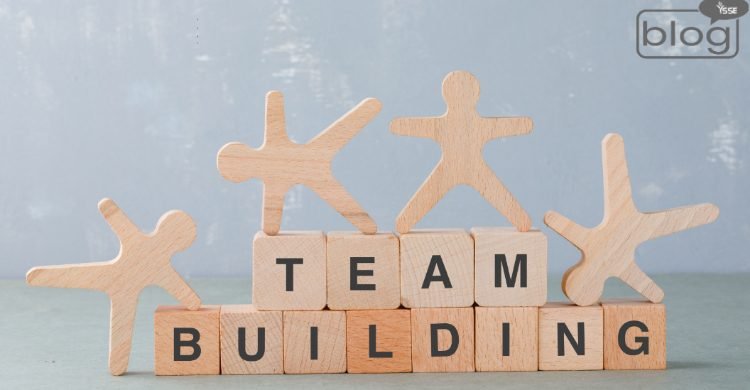Team building is a vital process for organizations to achieve success in a competitive and dynamic work environment. A well-functioning and united team can deliver outstanding results, and improve creativity and efficiency. However, creating a high-performing team is not a simple task. It needs careful planning, clear communication, trust, and a positive team culture. In this blog, you will be able to know the strategies and key elements that contribute to effective team building.
- Define Clear Goals and Roles:
The foundation of any successful team is a shared understanding of goals and individual roles within the team. Establishing clear objectives helps team members to align their efforts toward a common purpose. It is essential to define each team member’s responsibilities and ensure that they complement one another. It helps to minimize confusion and create accountability that ensures each person knows their unique role in achieving team success.
- Creating Trust and Honest Communication:
Team members need to trust each other for a good work environment. Support clear and truthful communication that makes a place for team members to say what they think and share what they know. Listen carefully to each other, care about different views, and make everyone feel welcome. Trust helps to give helpful feedback and build strong work relationships which leads to more teamwork and new ideas.
- Create a Culture of Cooperation and Support:
Working as a team can amplify the potential of each individual. Create a setting where team members are encouraged to work together. Help them to appreciate and utilize each other’s strengths to create a sense of mutual dependence and joint problem-solving. Provide tools and platforms that enable communication and knowledge sharing which allows for smooth collaboration regardless of physical distance.
- Create a Positive Work Environment:
A positive work environment is vital for team spirit and overall well-being. Reward and appreciate individual and team achievements. Share and enjoy milestones and successes as a group as it builds a sense of friendship. Create a culture that respects work-life balance which encourages personal growth and cares for employee well-being. A positive work environment boosts team members’ enthusiasm, involvement, and loyalty.
- Sustaining Team Performance and Motivation
To ensure long-term success, teams must sustain their performance and remain motivated even during challenging times.
- Encouraging Creativity and Innovation
Creativity and innovation are vital for progress and remaining competitive. Creating a supportive environment for ideas where everyone feels comfortable sharing their thoughts. Embracing diversity in perspectives and valuing different approaches further stimulates innovation within the team. Allowing experimentation and learning from failures creates a culture where risks are seen as opportunities for growth rather than challenges.
- Creating a Sense of Purpose and Ownership
Inspiring a shared vision instills a sense of purpose and motivates team members to actively contribute to the team’s success. Empowering and involving team members in decision-making processes creates ownership and enhances engagement. Recognizing and celebrating achievements, both big and small, reinforces a positive team culture and encourages continued high performance.
- Establishing Effective Communication Channels
Choosing the right communication tools is essential for effective collaboration. Whether it’s project management software, video conferencing platforms, or instant messaging applications, the tools should facilitate efficient information sharing. Implementing regular check-ins and meetings keeps team members connected and provides an opportunity to address any challenges or concerns. Additionally, encouraging active listening creates effective communication and improves a culture of empathy and understanding.
- Information Sharing
Sharing relevant updates and delivering feedback promptly is crucial for team success. Ensure that everyone has access to the necessary resources. Encouraging documentation and knowledge sharing further enhances team efficiency and prevents knowledge gaps.
- Resolving Conflicts Constructively
Conflicts are common in any team setting. However, it is essential to address conflicts constructively to maintain a healthy work environment. Creating a culture of respect and empathy allows team members to address conflicts openly and find mutually beneficial solutions. Utilizing conflict resolution techniques such as active listening, seeking common ground, and finding win-win solutions, helps to restore harmony within the team.
Remember, teamwork is not something that happens by chance but rather something that requires skills, effort, and commitment from all team members. As the famous phrase goes, teamwork makes the dream work. So, go ahead and apply these strategies of effective team building to your team and see the difference for yourself.
To read more blogs, click here.
Writer,
Mehrin Khan
Intern, Content Writing Department
YSSE.

